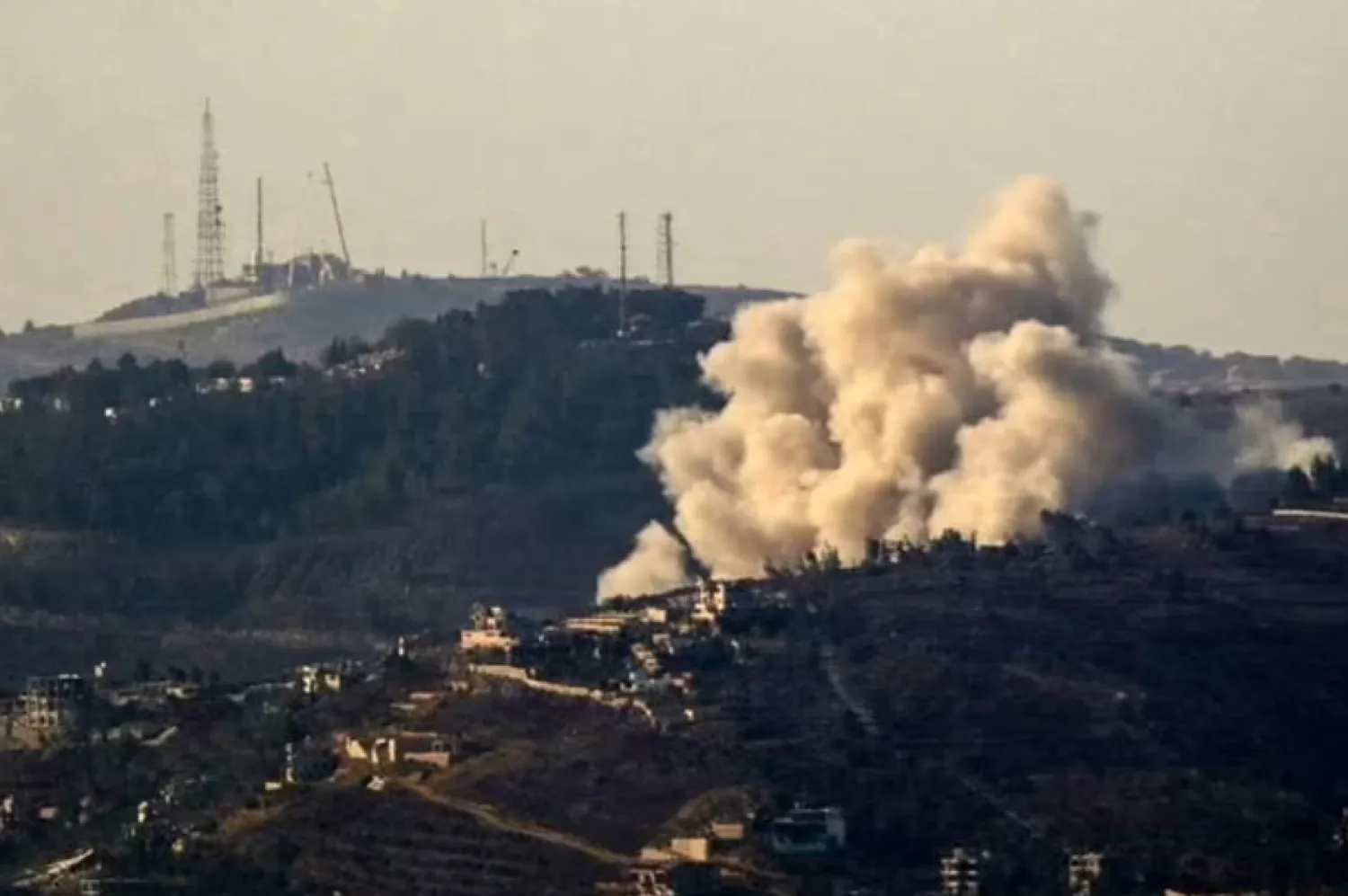Lebanese state media said the Israeli army dynamited houses in Lebanese border villages on Saturday, more than a month into its war with Hezbollah.
The official National News Agency said "the army of the Israeli enemy has since dawn blown up and destroyed houses" in the border village of Adaisseh.
The NNA also reported "large explosions" in the border village of Kfar Kila, saying the blasts were heard across the south as columns of smoke rose above the area.
The Israeli military had earlier reported "the explosion of a large quantity of explosives in Lebanon" that was strong enough to trigger earthquake warnings in large parts of Israel.
A video circulating on social media showed massive explosions along the border but AFP could not independently verify its authenticity.
Lebanese state media has reported several incidents of Israeli blasts in border villages in recent days amid Israel's ground invasion.
Hezbollah says it is fighting Israeli troops at close range in the area.
The two sides began exchanging cross-border fire with Hezbollah last year over the Gaza war, but all-out war erupted on September 23, when Israel ramped up its aerial campaign on Hezbollah strongholds in south Lebanon, the capital Beirut and the eastern Bekaa Valley.
The war has left at least 1,580 people dead in Lebanon, according to an AFP tally of nationwide health ministry figures though the real number is likely to be higher due to gaps in the data.









